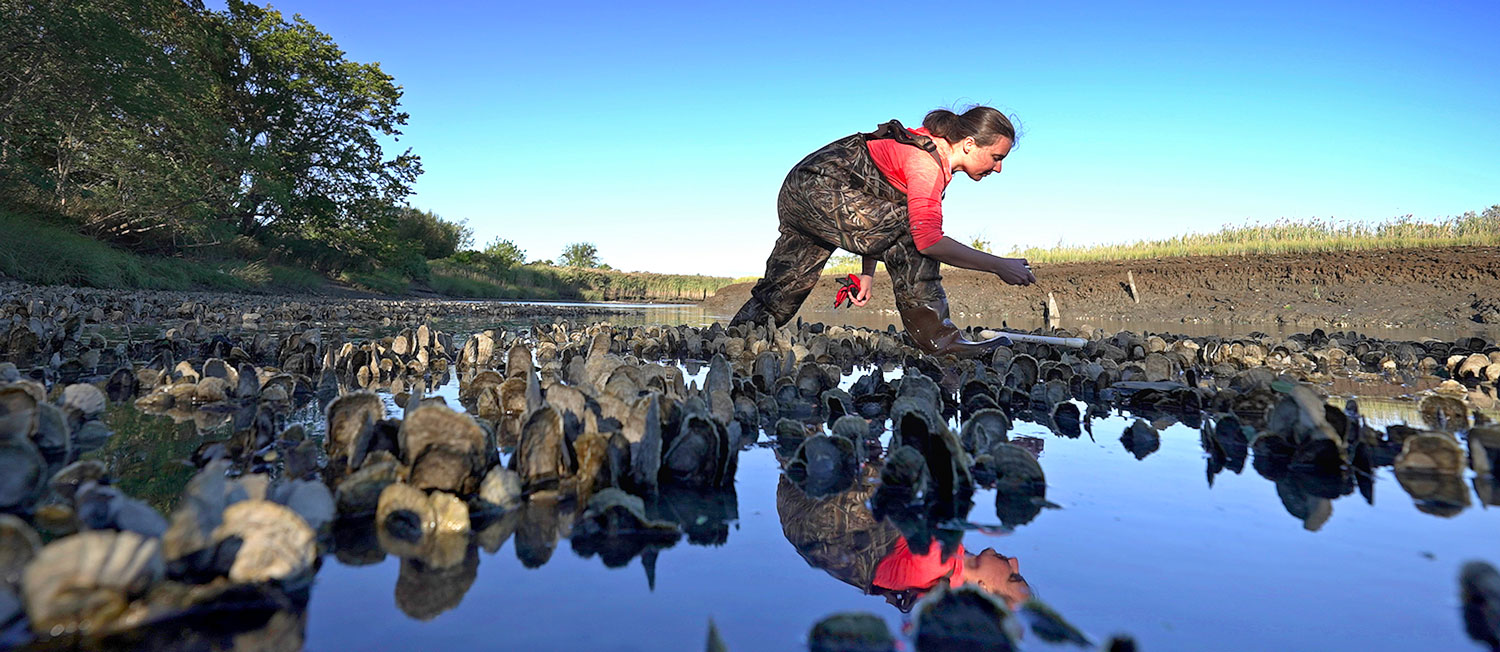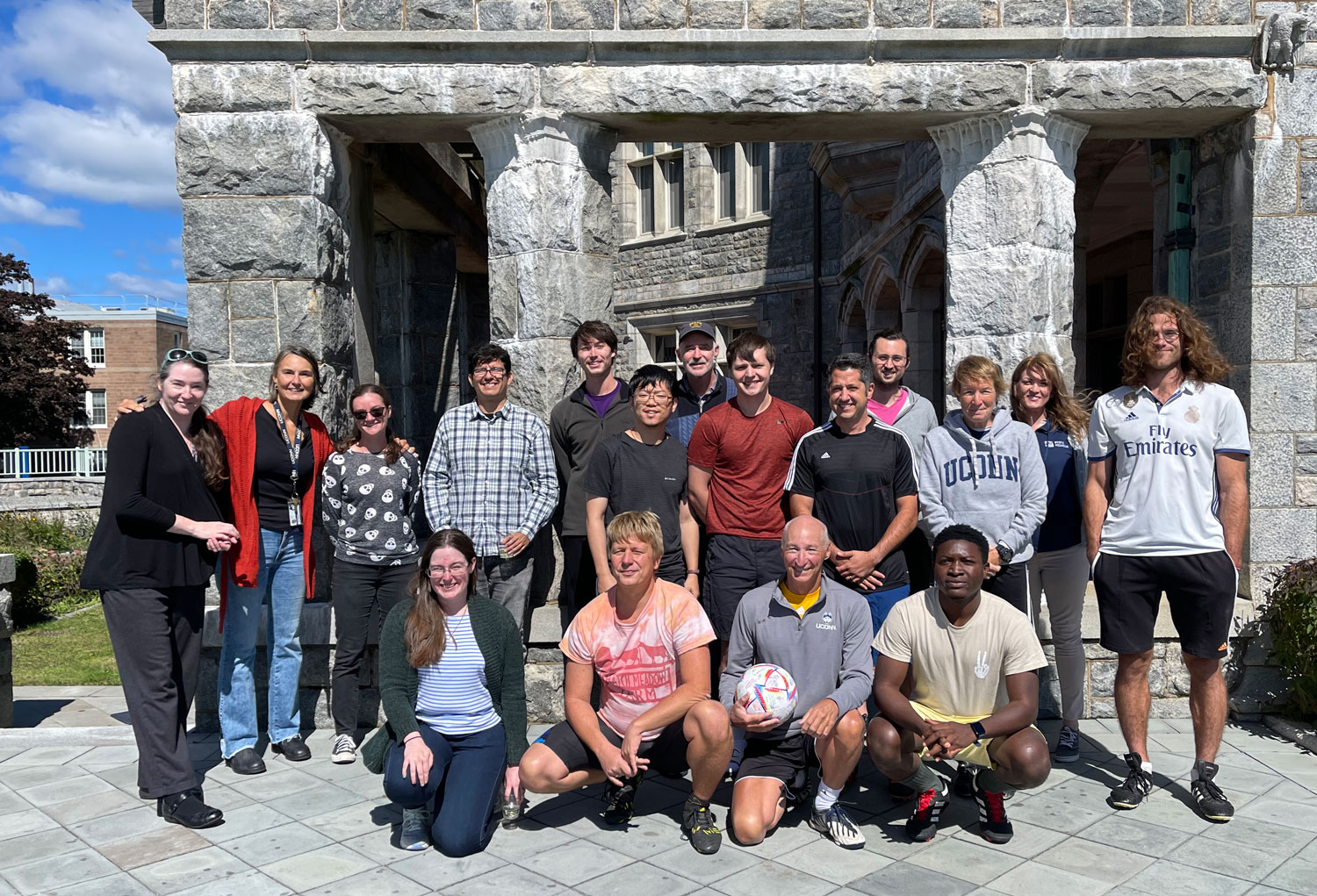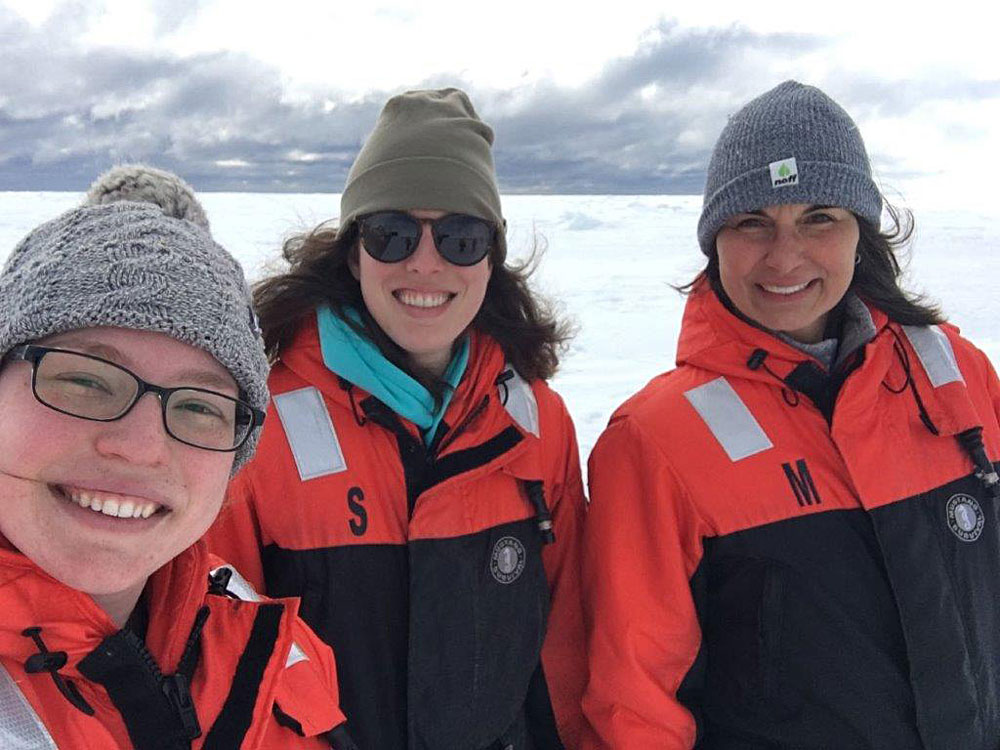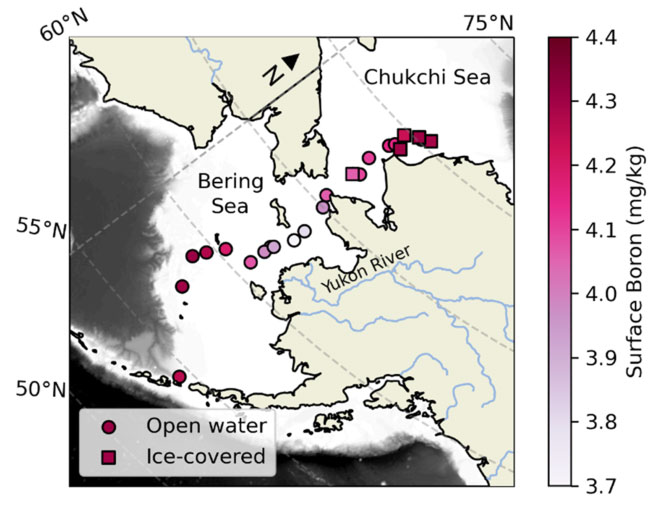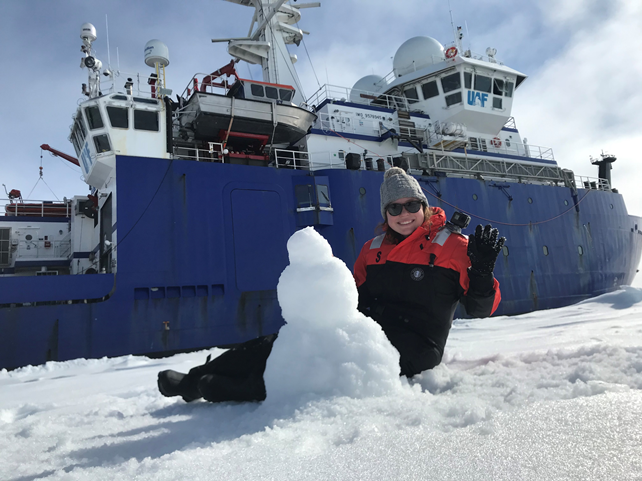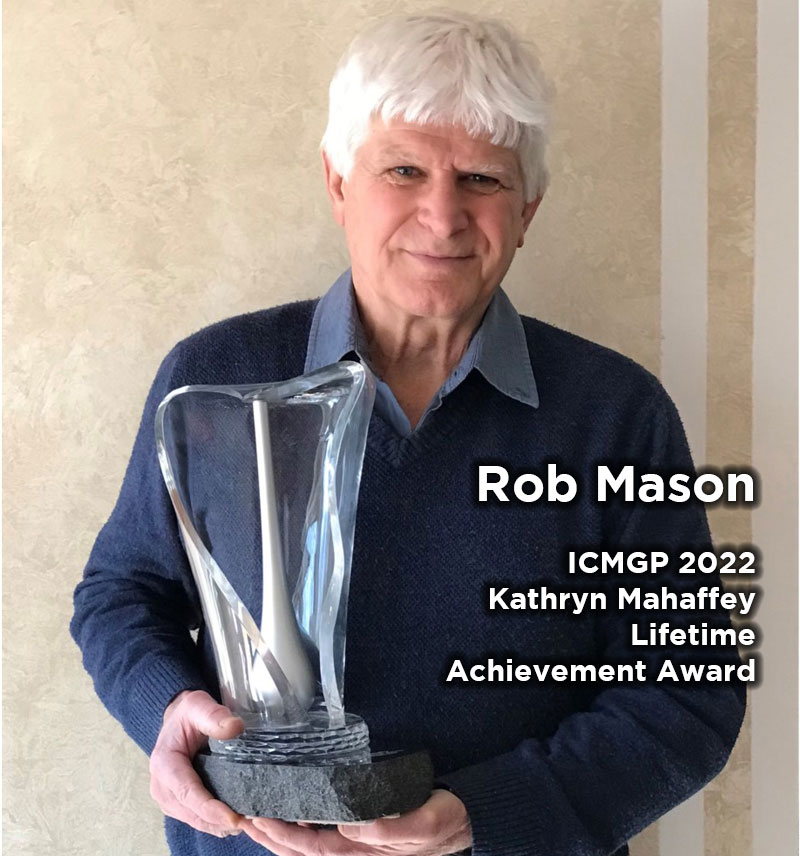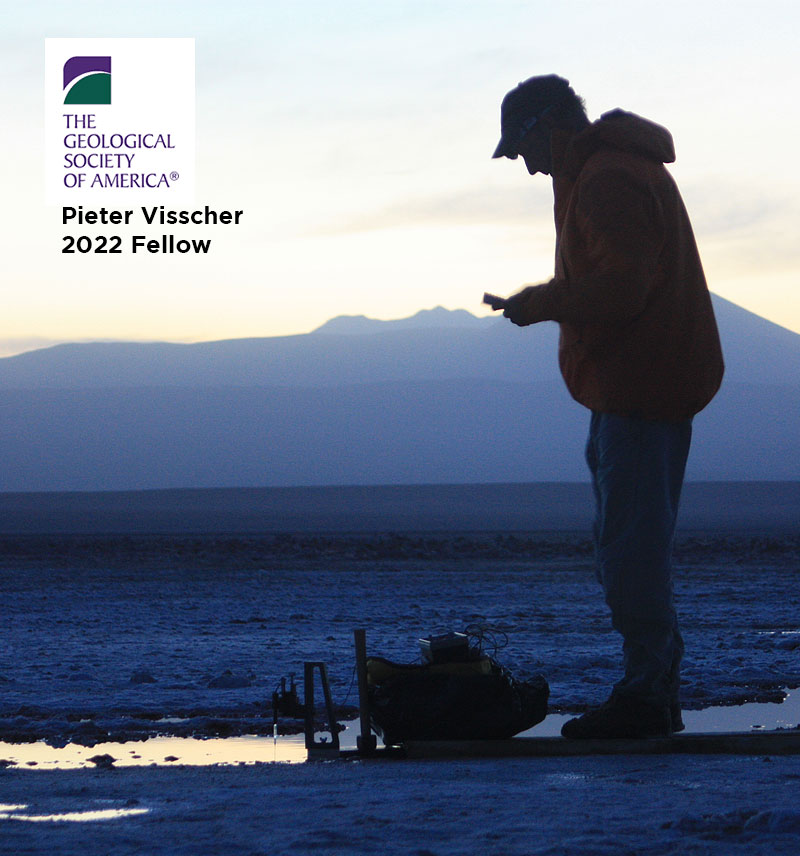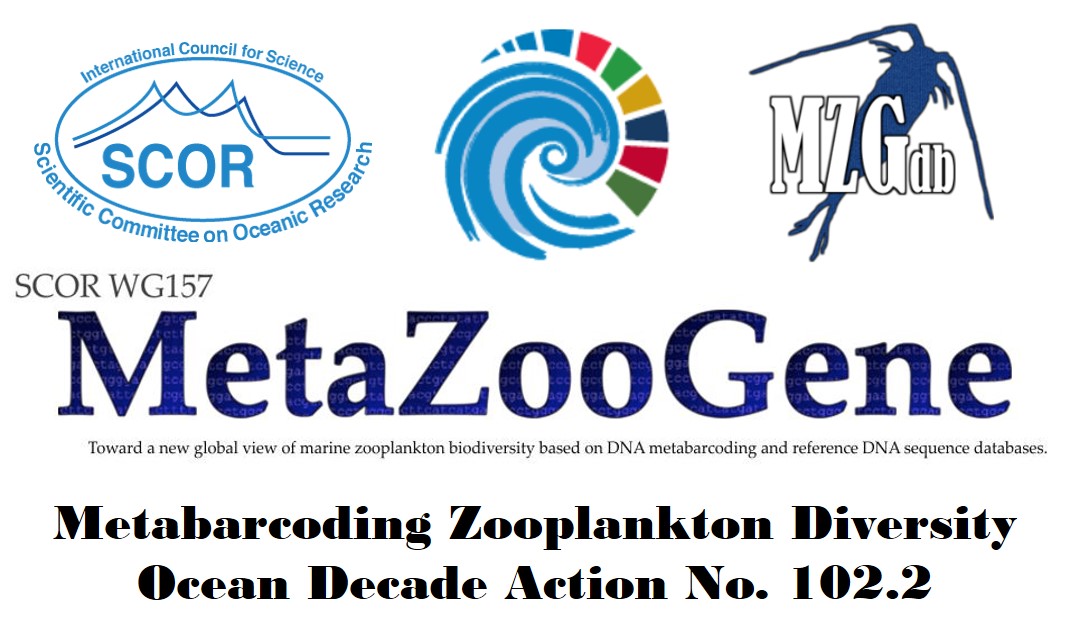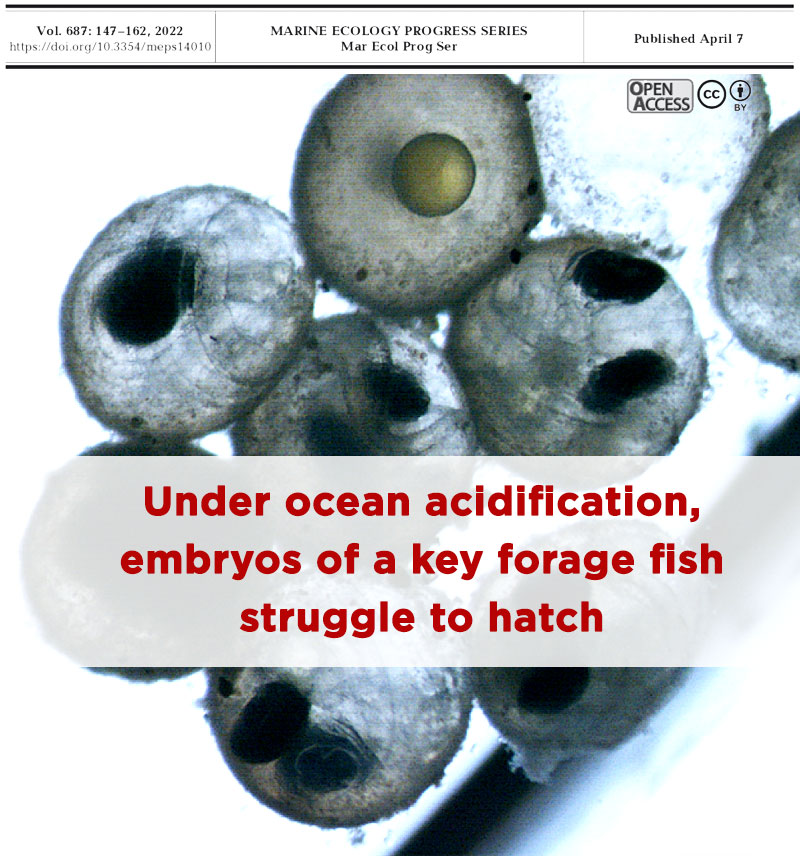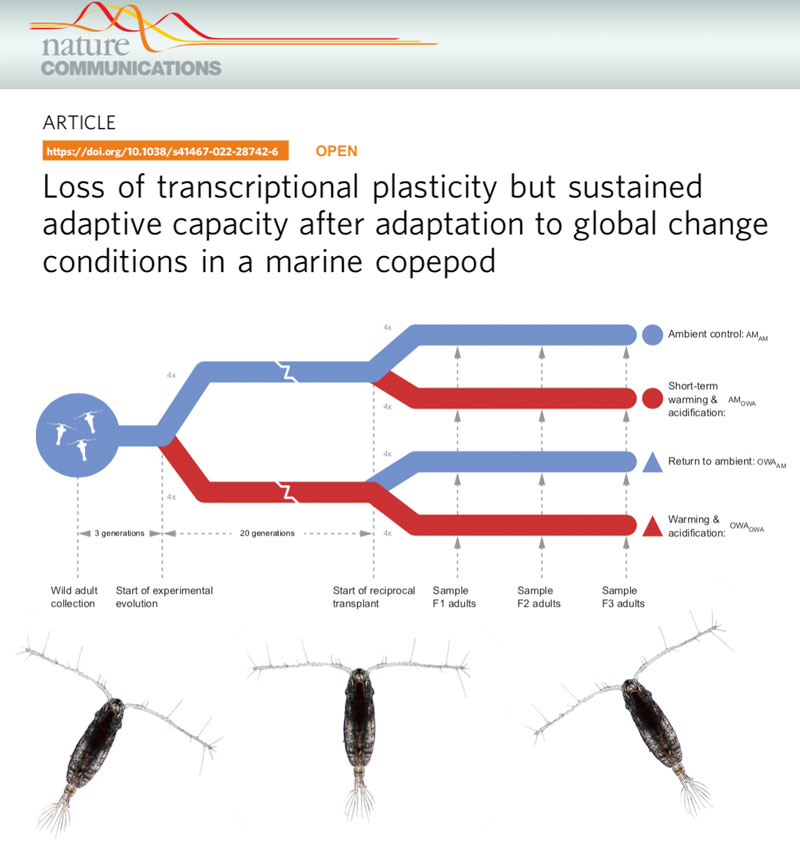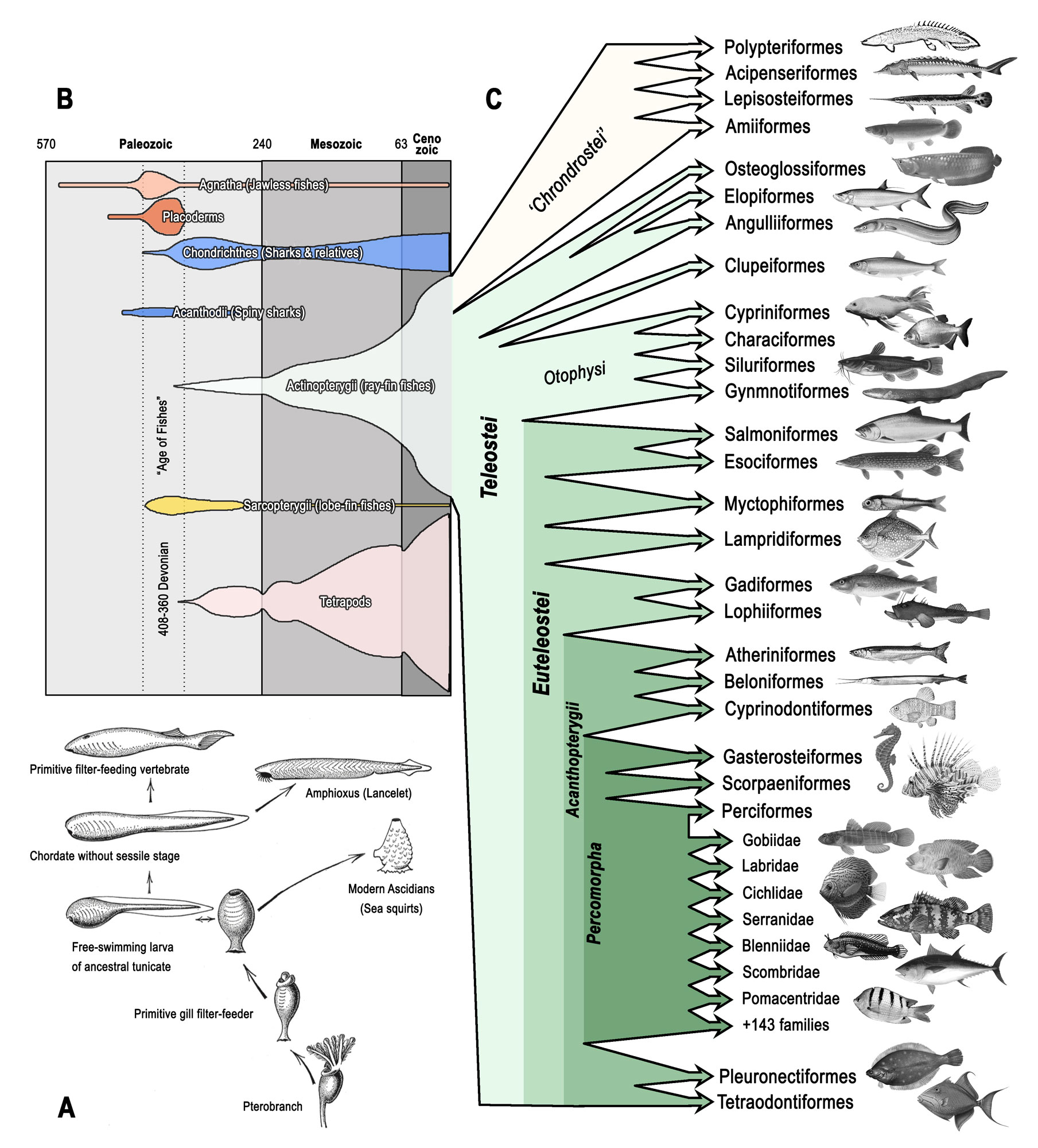Reposted from UConn Today May, 17th

By Elaina Hancock. As a child, Raul Flamenco realized he was a biologist, always eager to share newly absorbed facts with his peers about birds, or lizards, or how cool tentacles are. He soon learned this zeal set him apart, which is something he was already grappling with as a Latinx student growing up in a predominantly white area of the Midwest.
Flamenco started to hide this part of himself to blend in more, which lead him to be unsure of what he wanted to do when he grew up. However, along his path in higher education and now working toward a PhD in Natural Resources, he has learned to embrace his true self and his love of studying nature.
Flamenco is a recent recipient of a National Science Foundation Graduate Research Fellowship, and of a member of UConn’s transdisciplinary training program in the Center of Biological Risk Team-TERRA.
He sat down with UConn Today to talk about his journey and his hopes for inspiring others experiencing a lack of representation.
Can you tell us how you rediscovered your love for animals and nature?
For a long time, I had no idea what I wanted to do. For school, I moved back to California, where I’m originally from, and I started taking classes at a community college to not spend an insane amount of money.
I knew I wanted to help people, so I started taking nursing classes, and I had to take a general biology class. I chose marine biology.
On the first day of class, the professor was so animated and passionate, and I kind of saw myself in him because he was Latino, too. It reinvigorated my love for animals, and I realized this is something that I can do, so, I changed my major to biology.
What helped you realize what you wanted to study ecotoxicology?
I was going to study marine biology because I really love invertebrates and I feel like they are underrepresented under undervalued organisms. Then I found out about ecotoxicology, which is the study of toxic chemicals and their impacts on ecosystems. Ecotoxicology is a unique union of different disciplines that benefits people and animals.
Two years before I decided to come to UConn for graduate school, I applied for a Research Experience for Undergraduates (REU) with Penny Vlahos at Avery Point. I was selected, so I came out for 10 weeks and got to work on my own project looking at pesticides and mercury in harbor seal pup tissues to see if there was a relationship between the size of the pups compared with their pesticide or mercury contaminant burden.
What pieces of advice have been most helpful for you, and what do you tell others who may be unsure of what they want to do?
The advice that my mentors gave me was how important it is to choose the right advisor. Your advisor is the person that you are kind of stuck with, and having a good relationship with them is important to make grants or fellowships happen and to ensure that your research aligns with your interests.
I found my advisor, Jess Brandt after she had put out a call for students on Twitter. I reached out and we ended up having an interview that ended up being three and a half hours. It just kind of became a conversation and I thought that was a good indication that we’d get along and that it could be a good working relationship.
I ended up choosing UConn because of my advisor. Also having done the REU two summers prior at Avery Point, I already had an experience of Connecticut, I knew it’s not like the Midwest, it’s not like California, but somewhere in between.
I’m also a big advocate of community colleges. Through community college, I met that professor who was unforgivingly himself and seeing him talk so excitedly about what he was passionate about reminded me of how I get when I’m around the people I’m most comfortable around, I learned to not give that up.
Another difficulty in academia is imposter syndrome, and working through that has added another layer of self-discovery. I remember something that helped me in high school was a when a teacher said, “Fake it ’til you make it,” and I kind of stuck with that. Even if something’s difficult or challenging, I’ll do my best and just get through it. Now that I’m here, I’ve made it and I still feel like I’m faking it even though I’m doing research at this level and I received a prestigious NSF Fellowship sometimes I still feel like what am I really doing? Should I really be here? Based on conversations I’ve had with professors it seems like that never really goes away.
What has your experience been like as a member of Team-TERRA?
It is an interdisciplinary fellowship where we look at the risks to food, energy, water, and ecosystem services. The project is a chance for us to combine our expertise in a way that we wouldn’t normally. Two of us study birds, another studies wetlands, and I study the effects of contaminants.
We’re looking at how climate change can impact the release of contaminants into rivers through combined sewer overflows and other flooding events and how contaminants that get into rivers can then get into fish and shellfish that people are consuming.
We worked on a survey for anglers to figure out when and how much fish they eat, what species they catch. This project links things that I’m passionate about that in my normal research I’m not able to do as concretely — it’s linking contaminants to people.
That’s what interested me about ecotoxicology in the first place, I knew I wanted to help people and in this field I can help people and animals. Team-TERRA helped me bridge that gap.
What’s next?
I want to become a professor to serve as a mentor and role model for future generations of students. I am coming to understand myself better and knowing who I am and not giving in to what other people expect me to be or do. I always saw myself as kind of a chameleon, like I never really belonged anywhere, and I would just change who I was a little bit. That wasn’t so great for discovering my truest self.
Because of a professor just existing and being himself and knowing how few Latinos there are in academia, those are the driving reasons for why I want to become a professor, to become that representation that was important for me to help me get to where I am now.
I determined that getting my Ph.D. was the route that I have to take to get there and here I am.
